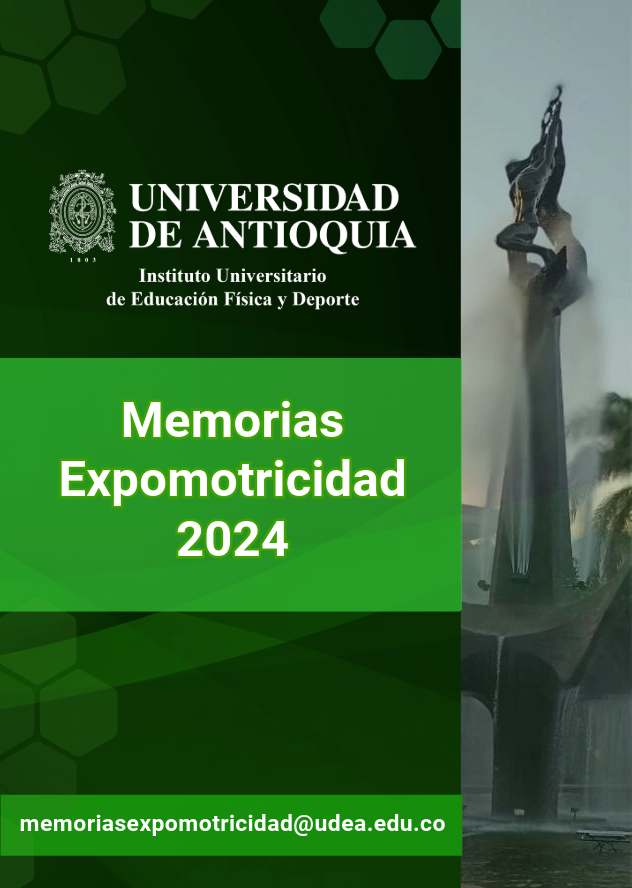Modified nursery rhymes, historical memory and peacebuilding
Keywords:
peacebuilding, critical perspective, nursery rhymesAbstract
“Acts of memory" in the construction of historical memory are at the service of present actions, since they make it possible to feel, to evoke, to imagine, to desire, or to feel compelled to act, whether here and now or in the more or less near future. Likewise, some critical positions, closely linked to popular education, consider that health should take into account social and biological indicators, and should be seen not only as the absence of disease, a concept that medicalization has used to obtain benefits, but also as the development of capabilities that can be achieved within the framework of a given social group. In this sense, a nursery rhyme could be considered an "act of memory," since the reworking of its text invites us to reflect on the present and the future. Therefore, the goal of the workshop was to modify the lyrics of nursery rhymes to promote peace based on elements related to motor skills, historical memory, and health education. The workshop was developed in four moments: (1) organization of groups according to the number of participants; (2) definition of the elements of the round (clapping game and transitions/formations); (3) modification of the rhyme according to specific criteria (typification of violence, description of scenes of violence, selection of characters, pacifying perspectives); and (4) reading of the ‘The Truth Commission report’. To ask about peace is also to ask about play. In a country marked by war, which is promoted and glorified by some sectors, it is worth thinking about other practices that go beyond the discourse of violence and approach aesthetic ways of understanding life. Not playing is one of the forms of violence suffered by children, especially when they are forced to participate in war. To stop playing or to be forced not to play is a great cultural, educational and social loss. We hope that these modified nursery rhymes, in their collective physical configuration, will serve to have a critical perspective on health education, contribute to the construction of peace, and help transform society from an educational and playful point of view.
Downloads
References
1. Berger, J. (2005). Mirar. Ediciones de la Flor.
2. Carretero, M., Rosa, A., y González, M. F. (2006). Introducción. Enseñar historia en tiempos de memoria. En M. Carretero, A. Rosa, y M. F. González (Comps.) Enseñanza de la historia y memoria colectiva (pp. 11-36). Paidós.
3. Jadad, A. R. (2019). ¿Cuál es el significado de vida, salud y bienestar? En P. J. Patiño Morales (Comp.) Propuestas y desafíos para la salud y la vida: una visión desde la misión. Propuestas del Foco de Ciencias de la Vida y de la Salud. Volumen 6 (pp. 121-125). Editorial Universidad de Antioquia. https://bibliotecadigital.udea.edu.co/handle/10495/17096
4. Moreno Gómez, W. (2005). Introducción. Cuerpo, escolarización e intervención pedagógica. Revista Iberoamericana de Educación, 39, 13-17. https://doi.org/10.35362/rie390802
Downloads
Published
How to Cite
Issue
Section
License
Copyright (c) 2024 Marco Fidel Gómez Londoño

This work is licensed under a Creative Commons Attribution-NonCommercial-ShareAlike 4.0 International License.




